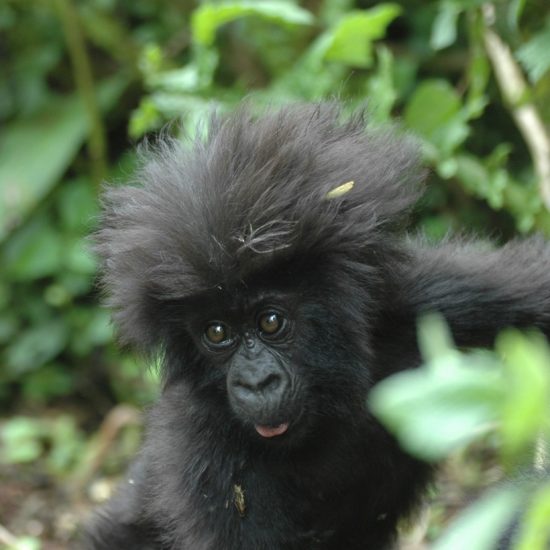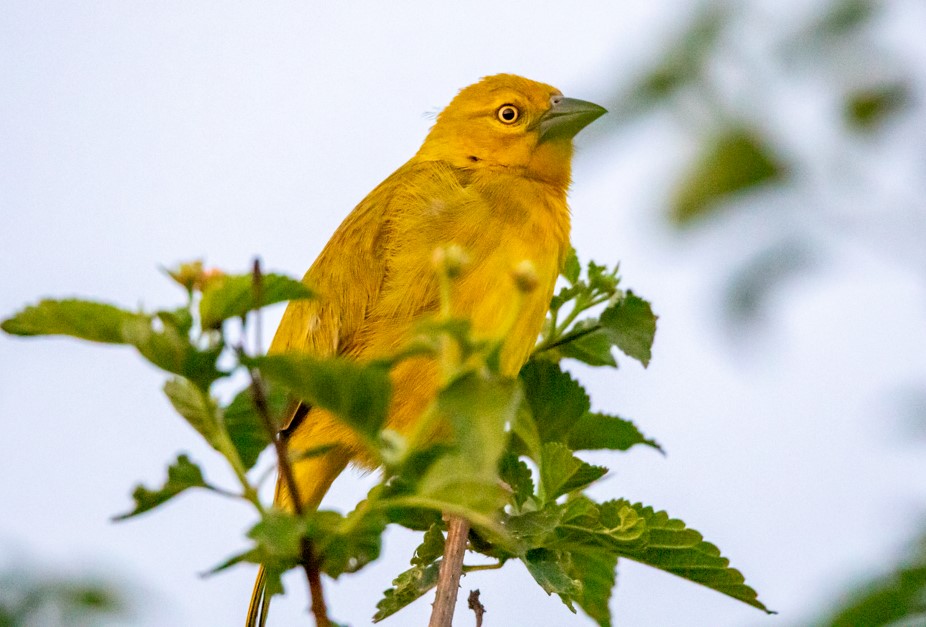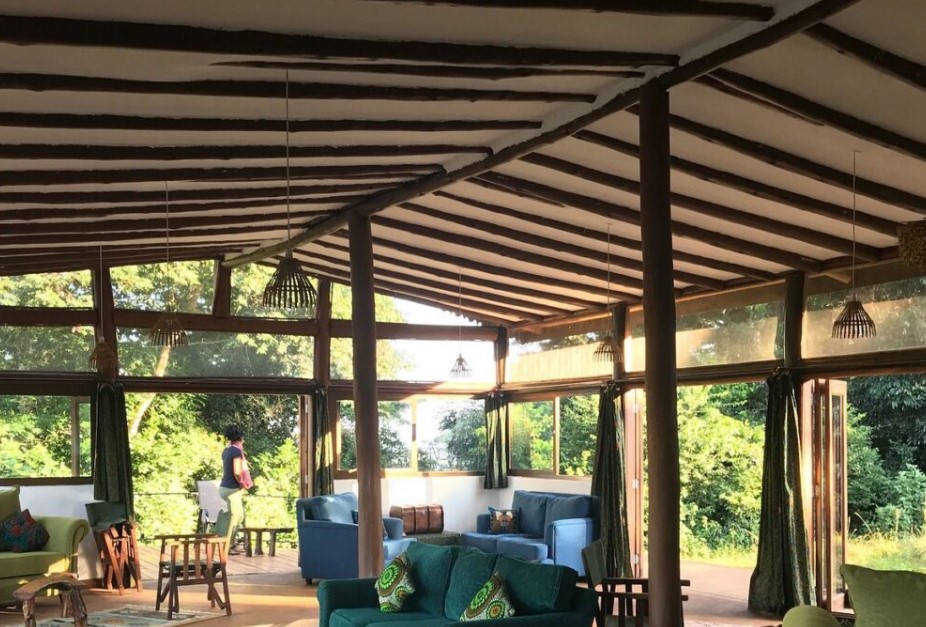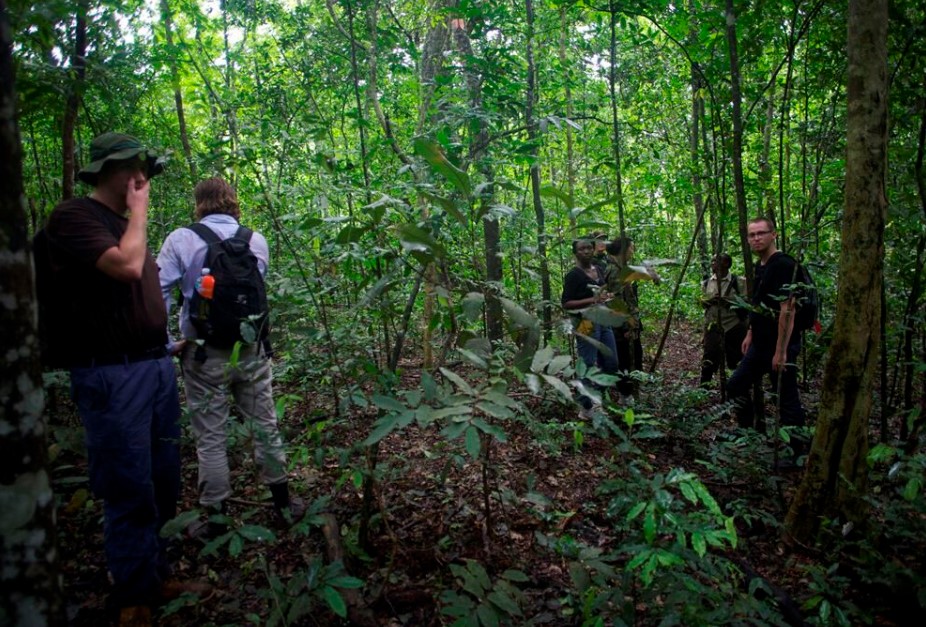
Batwa Cultural Experience in Uganda
The Batwa cultural experience in Uganda is a unique experience for tourists who love exploring the true identity of African culture. The Batwa people (pygmies) were once people of the forest, commonly known as forest custodians, living in the jungle alongside animals. They found comfortable homes in the forests of Mgahinga National Park and Bwindi Impenetrable Forest National Park, which are home to various wildlife. The Batwa were good forest hunters and used local herbs to treat their illnesses. They lived in caves, sacred huts, and wore leaves and skins from animals like bushbucks and duikers.
In 1990, the Batwa people were evicted from all national parks in southwestern Uganda, including Mgahinga National Park and Bwindi Impenetrable Forest. The government of Uganda gazetted the park to protect mountain gorillas, which were extinction-risking. The Batwa pygmies were forcibly evicted from their ancestral lands without compensation, as they didn’t have the funds to move far from the park. They settled at the edges of the forest and had to get used to life outside the jungle by mixing with other locals around the park.
The Batwa people, one of Uganda’s earliest ethnic groups, have been living outside the forest for over 35 years, but they still consider life in the jungle the best. Tourists can enjoy the Batwa cultural experience in Uganda. The Batwa people have experienced both living in and outside the jungle. Elderly people from these communities will tell stories in their local language, with local guides translating the information into English for tourists. Such as narrating their history as fruit gatherers, hunters and also learn about their cultural norms and traditions, among others.
The Batwa pygmies maintain their ancient ways of living, with poor living standards and houses compared to other tribes in Uganda. Local guides take visitors to different homes and communities, where they meet different things and people. Batwa communities are grass-thatched and pick grass from bushes around their homes. Although hunting is illegal in national parks, the Batwa still carry out hunting when they get a chance. They cut down trees for firewood and charcoal for sale.
The government has become stricter with regulations that deter human encroachment on the forest and related activities such as cutting down of trees, land grabbing, charcoal burning, and illegal hunting in the park areas. Batwa people are surrounded by Bakiga especially farmers who teach them how to dig and grow their own crops, such as maize, cassava, cabbages, sweet potatoes, and irish potatoes, on a small scale.
They also do small-scale livestock farming for their homes with animals like goats, pigs, a few cows and poultry farming as well. A visit to a local coffee home allows tourists to see how coffee seeds are collected, cleaned, dried, and processed locally through pounding to make coffee that can be used in milk or hot water.
The Batwa people, one of Uganda’s earliest ethnic groups, are now residing in their communities around Mgahinga National Park and in the surrounding areas of Bwindi Impenetrable National Park, such as Buhoma, Rushaga, and along Lake Bunyonyi, among others. This Batwa cultural experience offers tourists a glimpse into their lives, including the homes of Batwa pygmies, who are known for their unique brewing techniques.
Here, banana is kept until it turns yellow, then squeezed to produce juice, which can be drunk fresh or turned into local wine for over 18-year-olds. The Batwa community also houses local men, known as Mutwa medicinal herbalists, who use plants and bones from dead animals as local medicine. These medicinal methods can treat diseases like cancer, HIV, and Ebola.
Tourists can also visit local schools and hospitals to support the needy. Small groups of women in the community work hard to support their families by making various crafts such as weaving mats, baskets, hats, and scarves. These women, who have not studied much, can provide food for their families.
Mgahinga National Park offers various activities beyond the Batwa cultural experience, such as mountain gorilla trekking, golden monkey trekking, golden monkey habituation, and bird watching. The Batwa people are surrounded by Bakiga, who teach them how to grow their own crops, including cabbage, maize, Irish potatoes, and sweet potatoes. They also do small-scale livestock farming for their homes.
Finally, one strategy to promote the communal growth and well-being of the Batwa people is to visit them. Tourists can observe the process of gathering, cleaning, drying, and pounding coffee seeds for consumption by going to a local coffee farm. This supports the local community and encourages ecotourism and sustainability.







